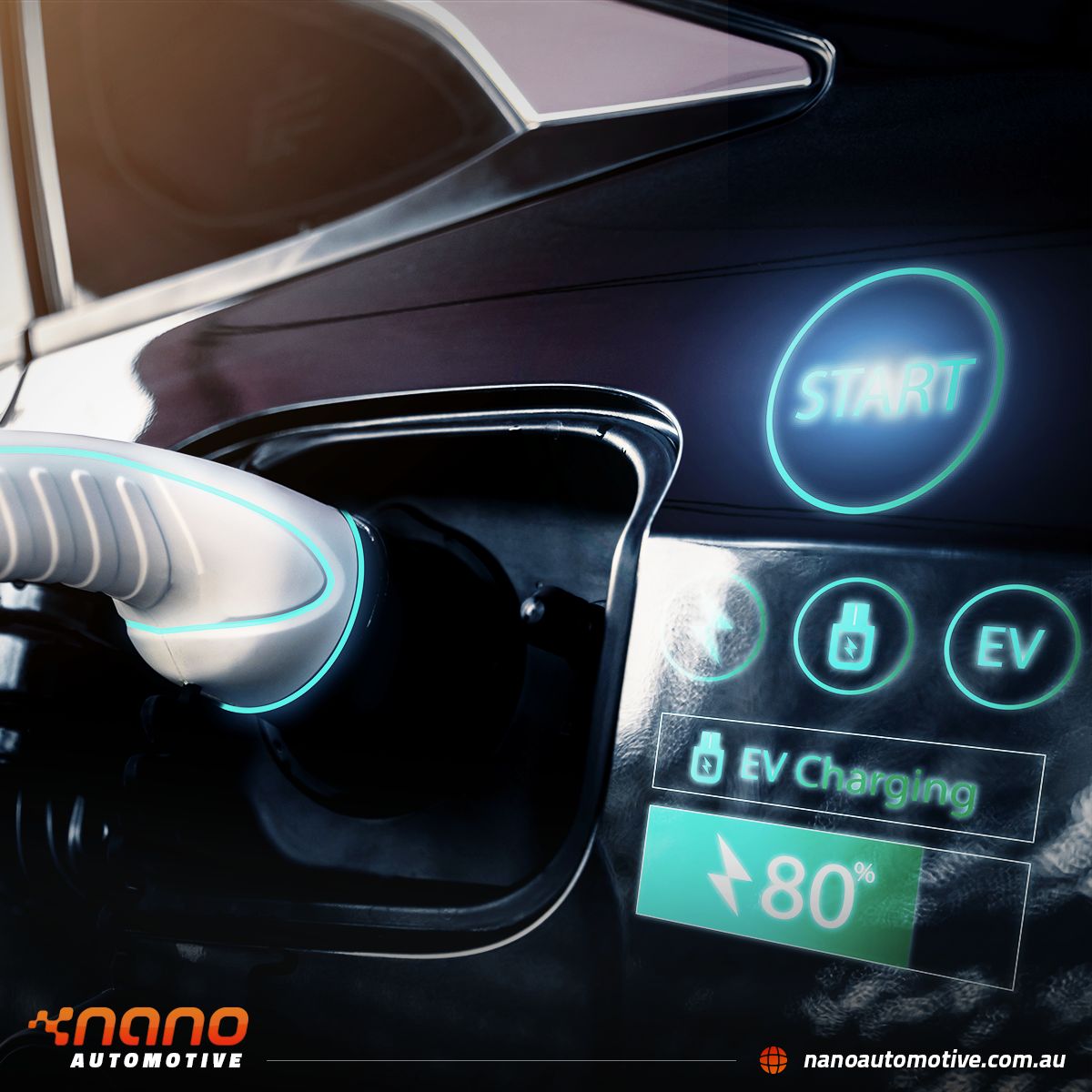Latest Blog
Electric vs Petrol and Diesel Car: Which one is Cost-efficient?
- 12 June 2024
- |
- community

In the era of advancing technology and growing environmental concerns, the automotive industry is experiencing a significant shift towards sustainable transportation alternatives. Among the most prominent contenders in this shift are electric cars along with modern petrol and diesel vehicles. While both offer distinct advantages and challenges, one of the most important questions for consumers is: which is more cost-efficient in the Australian context?
In this article, we dive into some aspects of electric, petrol, and diesel cars, exploring factors such as availability and cost of car repair in Perth, car battery replacement, electric car engine efficiency, and the overall cost comparison between these types of vehicles.
The Electric Advantage: Examining Cost Efficiency
1. Initial Cost
Electric cars have historically been associated with higher initial purchase costs compared to their petrol or diesel counterparts.
However, with advancements in technology and increased production volume, even though the price still remains relatively high, the gap is gradually narrowing year by year. In Australia, government incentives and subsidies for electric vehicles (EVs) further mitigate the upfront expense, making them more accessible to ordinary consumers. Additionally, lower operating costs, including reduced fuel expenses and maintenance requirements, contribute to the long-term affordability and overall cost of electric cars in Australia.
2. Fuel and Maintenance Savings
One of the most significant advantages of electric cars is their no fuel costs, with electricity generally priced lower than petrol in Australia. Saying that EV owners enjoy substantial savings on their refueling expenses. Moreover, electric vehicles have fewer moving parts and require less frequent maintenance compared to traditional petrol and diesel cars. This translates to savings on car repair in Perth and other Australian cities, where maintenance costs can be substantial over the vehicle’s lifespan. Factors such as brake wear reduction due to regenerative braking and simplified engine design contribute to the overall lower maintenance requirements of electric cars.
3. Battery Replacement Considerations:
The battery pack is a critical component of electric vehicles, and concerns about its lifespan and replacement costs are often raised by prospective buyers. However, significant advancements in battery technology have led to improved durability and longevity. Many electric car manufacturers offer warranties and assurances on their battery packs, providing peace of mind to consumers. Additionally, the cost of battery replacement has been steadily declining, further enhancing the cost efficiency of electric cars over their lifetime.
Petrol and Diesel Cars: The Traditional Choice
1. Initial Cost and Depreciation
Petrol and Diesel cars typically have lower initial purchase costs compared to electric vehicles, making them an attractive option for budget-conscious buyers. However, it’s essential to consider factors such as depreciation and resale value, which can significantly impact the overall cost of ownership. While petrol and diesel cars may have lower upfront expenses, they often depreciate faster than electric cars, leading to higher long-term costs.
2. Fuel and Maintenance Expenses
The ongoing expenses associated with petrol and diesel cars primarily revolve around fuel and maintenance. With petrol prices subject to fluctuations and environmental concerns surrounding fossil fuels, the long-term outlook for petrol car owners may involve increased expenditure on fuel.
Additionally, petrol and diesel cars have more complex engine systems and require regular maintenance, including oil changes, filter replacements, and tune-ups. These maintenance tasks can incur additional costs, particularly in regions like Perth, where car repair expenses may be higher than average.
3. Cost Comparison
In comparing the cost efficiency of electric cars and petrol cars in Australia, it’s essential to consider the total cost of ownership over the vehicle’s lifespan. While petrol and diesel cars may offer lower initial purchase costs, electric vehicles present significant savings in fuel and maintenance expenses. Government incentives and decreasing battery replacement costs further enhance the affordability of electric cars. For consumers in Perth and across Australia, the decision between an electric car and a petrol or diesel car involves weighing various factors, including purchase price, ongoing expenses, environmental considerations, and driving habits.
Ultimately, the choice depends on individual preferences, budgetary constraints, and long-term sustainability goals. As electric car technology continues to evolve and infrastructure improves, the cost-efficiency gap between electric and petrol car is expected to narrow further. With careful consideration of all relevant factors, consumers can make informed decisions that align with their financial and environmental objectives, driving towards a more sustainable future for transportation in Australia.
Conclusion
In conclusion, while all, electric, petrol and diesel cars have their advantages and disadvantages, the cost efficiency of electric vehicles, especially in the Australian context is definitely higher, but, it is becoming more and more affordable in the long run. From lower fuel and maintenance expenses to government incentives and environmental benefits, electric cars offer a compelling value proposition for those consumers seeking a cost-effective and sustainable mode of transportation but are capable of making higher initial investments.

